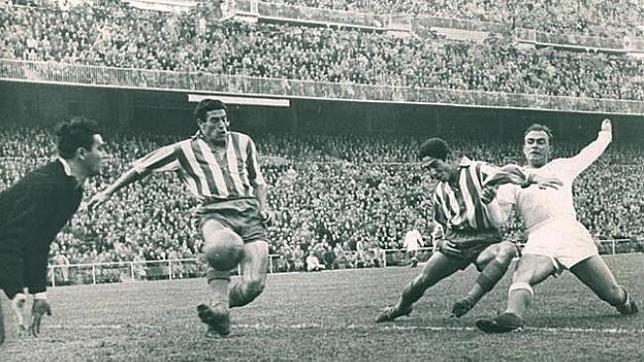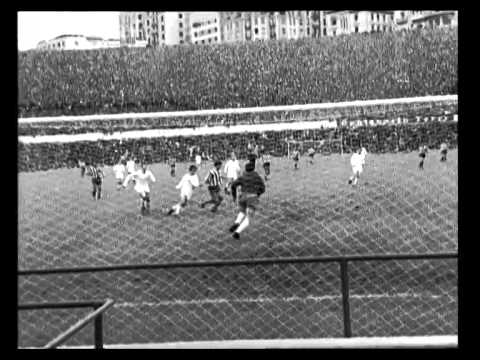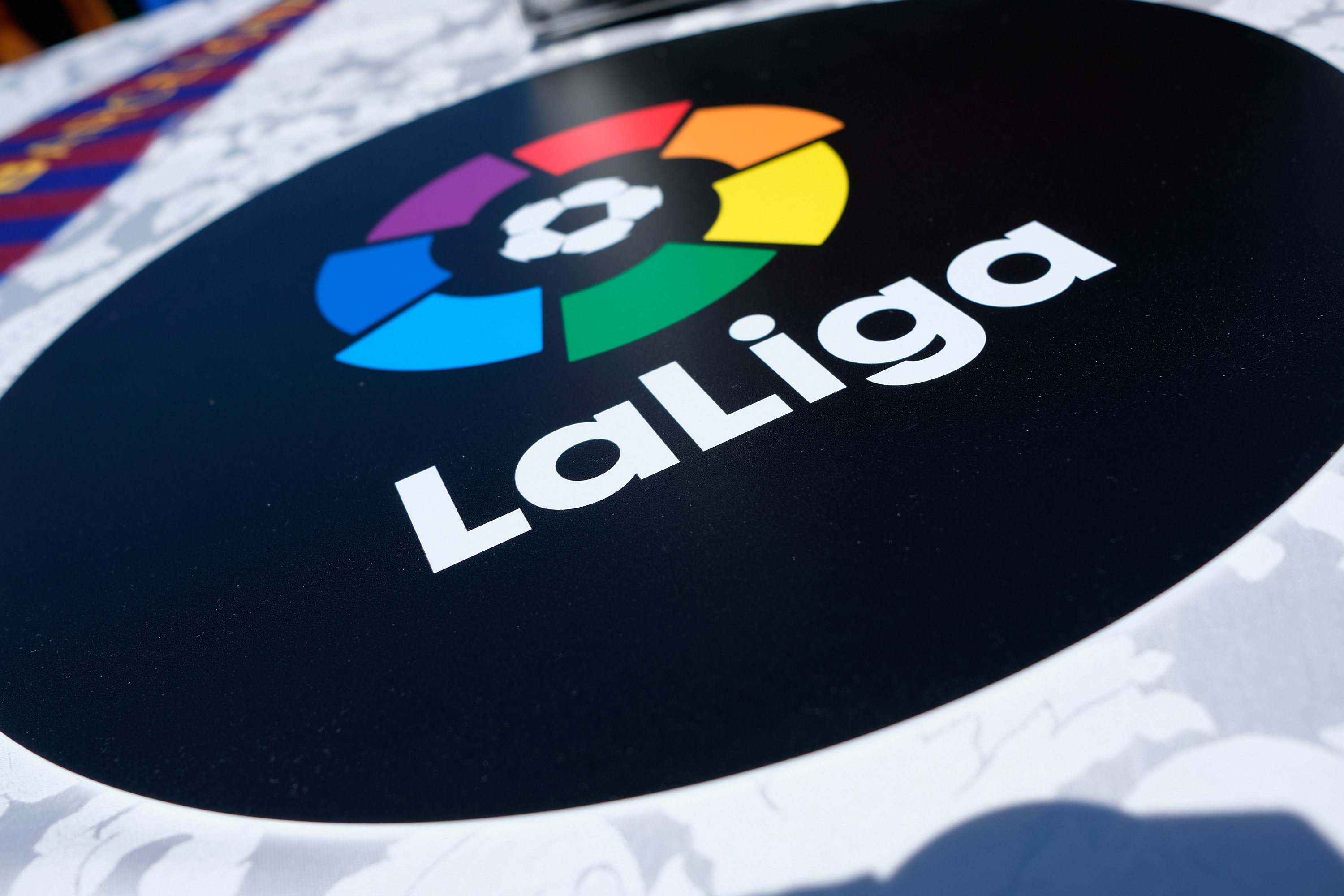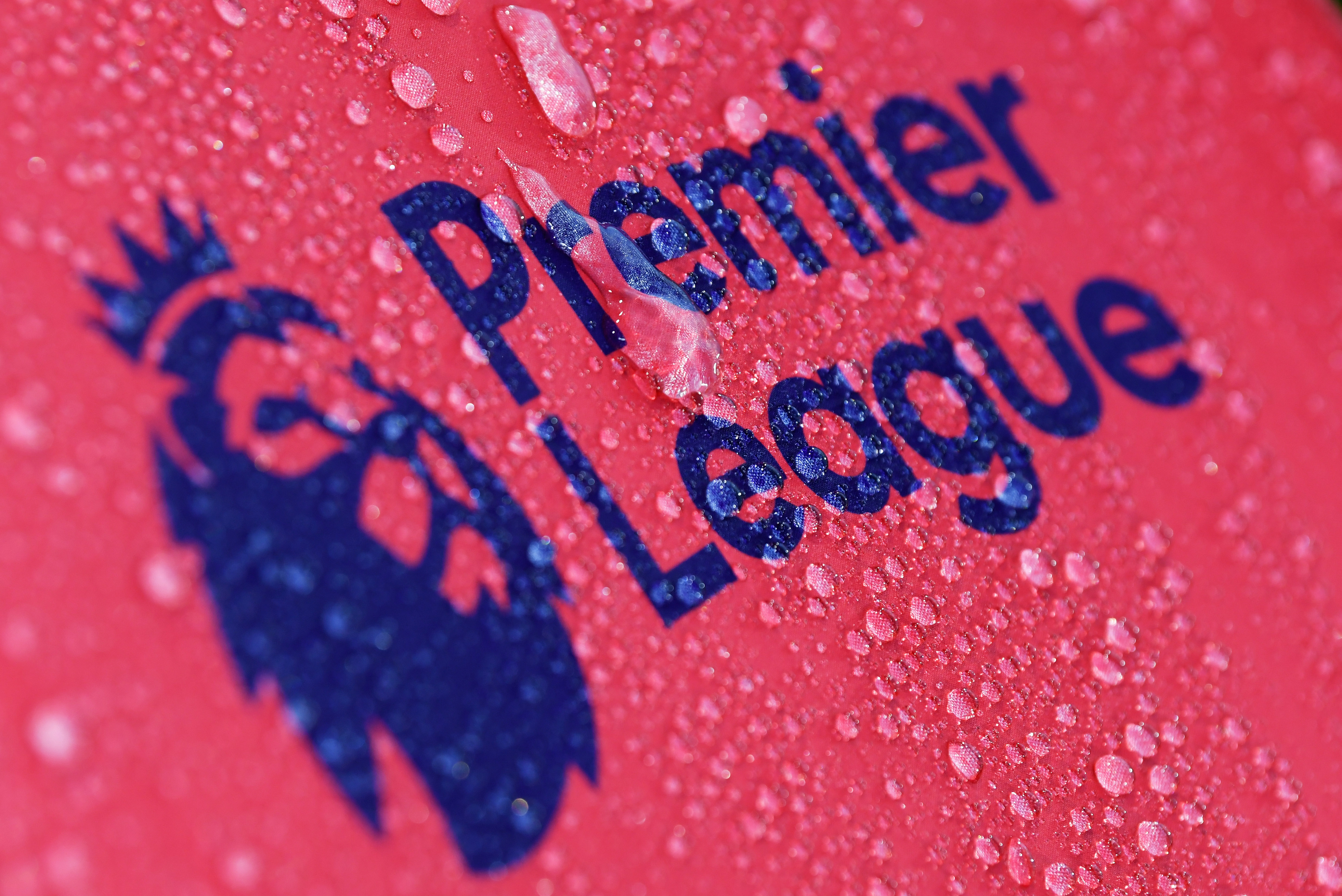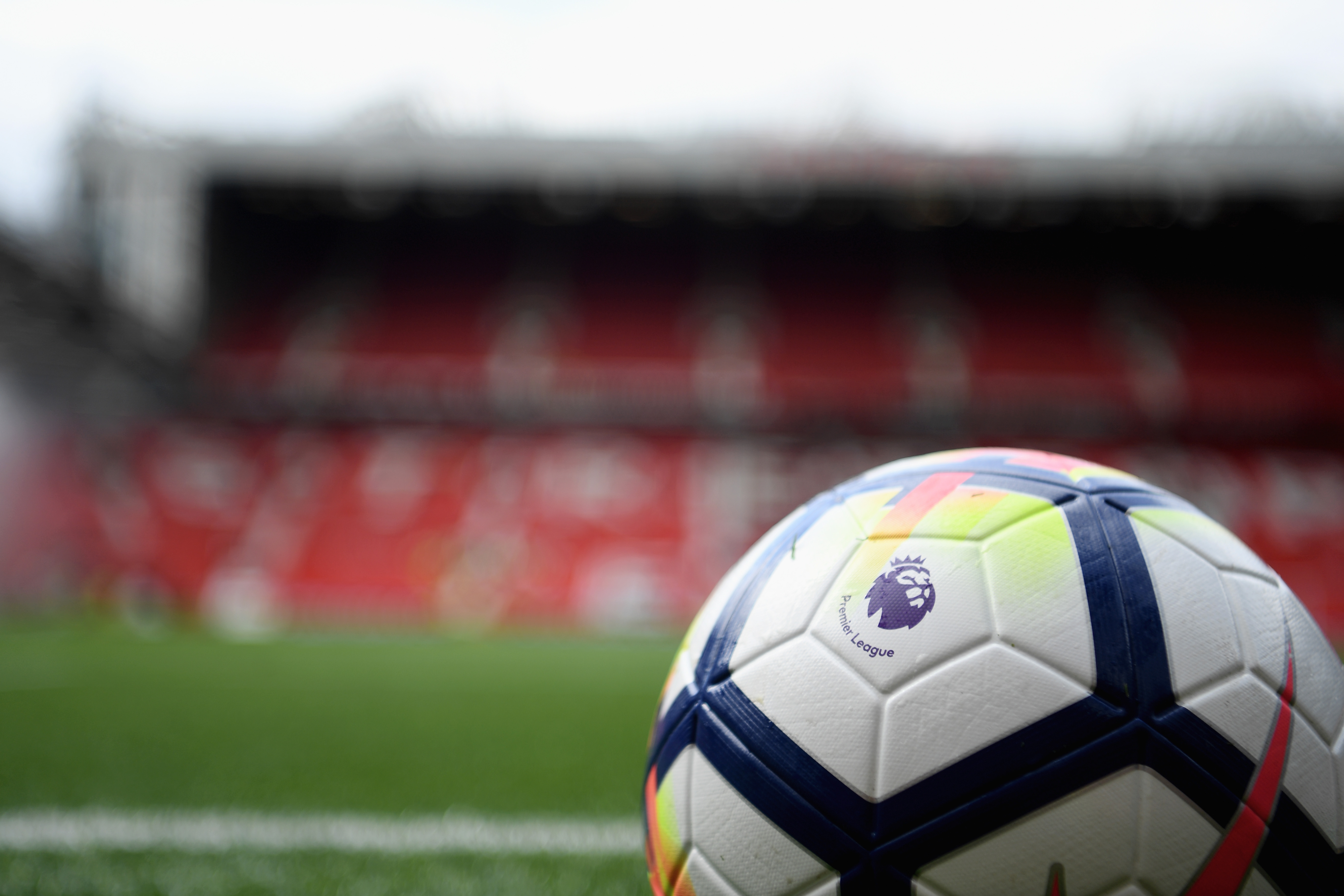Atletico Madrid’s 1-0 win in the semi final of the 1958-59 European Cup remains their only triumph over cross city rivals Real Madrid in European competitions.
Los Rojiblancos will be hoping to repeat that feat in the final of the 2015-16 UEFA Champions League at the Stadio Giuseppe Meazza in Milan on Saturday. Two years ago, Real Madrid captain Sergio Ramos struck in injury time to snatch away Atletico’s dreams of winning their first European Cup/Champions League in the club’s history.
Since then, the Derbi Madrileño has belonged to Atletico Madrid. The Red and Whites have tasted derby defeat just once since that fateful night in Lisbon’s Estádio da Luz a couple of years ago. However, the one win Real Madrid did manage to inflict upon their cross city rivals came, once again, in the knockout stage of last year’s UEFA Champions League. After the first leg quarter final finished goalless, Real Madrid capitalized on Arda Turan’s second half sending off to crush Atletico Madrid’s European hopes for the second season in a row.
Atletico will be desperate to avoid a hattrick of European heart-breaks at the hands of Real Madrid when the two square off against each other on Saturday.
The Backdrop
Real’s dominance
For the first five years since the inception of the European Cup in 1955-56, Real Madrid kept a firm stranglehold on the coveted trophy. A team comprising of some of the greatest football players of all time such as Alfredo Di Stéfano, Ferenc Puskás, Francisco Gento and José Santamaría mercilessly brushed aside Real Madrid’s fellow European challengers.
Los Blancos headed into the 1958-59 campaign on the back of a third successive European triumph after registering a 3-2 win over AC Milan in the final of the previous edition’s competition. The draw for the preliminary round of the competition gave the title holder, Real Madrid, a bye and placed the other 27 qualifying teams into three pots – Eastern, Western and Central Europe.
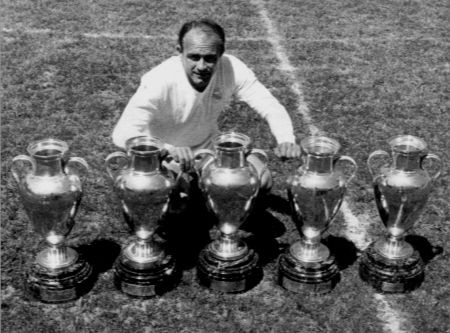
In the first round (proper) of the competition, Real Madrid overcame the challenge of Turkish club Besiktas, defeating them 3-1 on aggregate. In the quarter final, Real Madrid thrashed Austrian club Wiener Sport-Club by an aggregate 7-1 scoreline. After a goalless first leg in Vienna, Los Blancos skipper Alfredo Di Stefano turned on the style, scoring 4 goals as Real Madrid cruised into the semi finals of the tournament for the fourth successive season.
Atletico’s resurgence
While Real Madrid was considered as an establishment club, their cross town rivals Atletico Madrid bore the tag of a workers club. Under their legendary manager Helenio Herrera, Atletico Madrid had won successive league titles in 1950 and 1951. However, after Herrera’s departure to Malaga in 1952, Atletico struggled to replicate their league success and ended playing third fiddle to Real Madrid and FC Barcelona.
In 1958-59, Atletico Madrid were finally able to qualify for the European Cup after finishing in second place behind Real Madrid in the previous year’s league campaign. Los Rojiblancos started their European campaign by obliterating Irish side Drumcondra by an aggregate scoreline of 13-1 in the preliminary round.
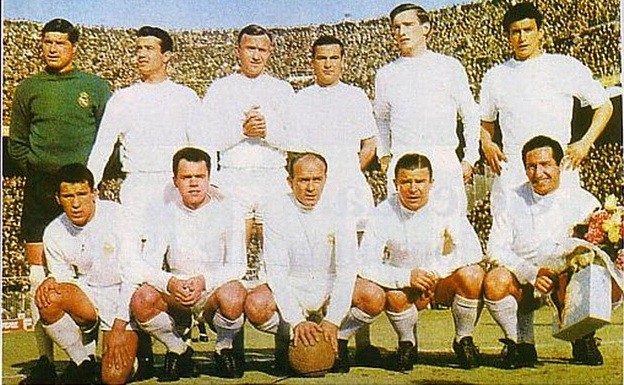
Their first round match up against Bulgarian club CDNA Sofia was a much tighter affair, eventually finishing 2-2 on aggregate after two legs. Atletico advanced to the quarter finals after recording a 3-1 against Sofia in the playoff that followed. A comfortable 4-1 aggregate win for Atletico over Schalke in the next round set up a mouth watering semi final date with the all conquering Real Madrid side.
The Semi Final
First Leg: Real Madrid 2-1 Atletico Madrid | Santiago Bernabeu
A 120,000 people turned up at the Santiago Bernabeu stadium, the home of Real Madrid, to see their team lock horns with bitter rivals Atletico Madrid in the first leg of the 1958-59 European Cup semi final. Antonio González Álvarez gave the visitors a shock lead in the 13th minute only for José Hector Rial to restore parity two minutes later. The Los Merengues, usually rampant at home, put in a much subdued performance against their industrious opponents. A 33rd minute Ferenc Puskas penalty eventually gave Real Madrid a one goal advantage heading into the second leg.
Second Leg: Atletico Madrid 1-0 Real Madrid | Estadio Metropolitano de Madrid
The second leg of the semi final was held at Atletico Madrid’s now defunct Metropolitano stadium. Despite registering a narrow 2-1 win over Atletico in the previous match, reigning champions Real Madrid were clear favorites heading into the 2nd leg a couple of weeks later.
Interestingly, Ferenc Puskas was unable to take part in the 2nd leg and was replaced by French playmaker Raymond Kopa in the Real Madrid starting XI. For Atletico, Agustin Sanchez Quesada replaced Jorge Alberto Mendonça in front of goal.
A scrappy affair at the Estadio Metropolitano de Madrid was eventually settled by a 43rd minute strike by Atletico Madrid striker Enrique Collar. The Spanish International, who made 470 career appearances for Atletico, latched onto a through ball and stroked it past the Real Madrid keeper Rogelio Domínguez. The majority of the 35,800 people packed inside the stadium erupted with pure jubilation upon hearing the full time whistle. The mighty Real Madrid had finally been beaten in Europe.
The Playoff: Real Madrid* 2-1 Atletico Madrid | La Romareda
The 2-2 aggregate scoreline at the end of the 2nd leg sent the two teams into a playoff round. The winner of the playoff would go on to compete in the final of the tournament. The deciding match up between the two Madrid clubs was held at the Estadio La Romareda in Zaragoza.
Alfredo Di Stefano’s 16th minute strike was cancelled out almost immediately by Enrique Collar. Ferenc Puskas marked his return to the Real Madrid staring lineup by scoring the winner 3 minutes before half time to seal his club’s progress to the final of the European Cup at the expense of their derby rivals.
Real Madrid would eventually go on to beat Just Fontaine led Stade Reims 2-0 in the final to win their fourth consecutive European Cup.
To this date, Atletico’s 1-0 win over Real Madrid on 7th May, 1959 remains their only European triumph over their bitter rivals. Though the gulf in class between the two Madrid outfits has significantly reduced over the years, Real still hold a considerable mental advantage over Atletico when it comes to European competitions. Los Rojiblancos, though, will hope to draw inspiration from their solitary European win over the greatest Real Madrid side of all time more than half a century ago.
